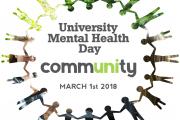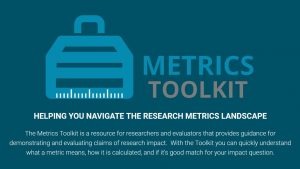Many postgraduate research students experience common mental health issues, such as anxiety and depression, but may not acknowledge it or know where to seek support. University Mental Health Day is Thursday, 1 March, and this year universities across the UK will be focussing on how they can build a more supportive environment for students’ mental health and well-being. The OU Graduate School will host a number of activities on social media and across the Milton Keynes campus. Please join the discussion on @OUGradSch #UniMentalHealthDay and/or drop by anytime 12:00-15:00 for free activities, refreshments and snacks (locations listed below).
Event timetable
12:00-15:00 OU Grad School library whiteboard takeover with free goody bags, refreshments and mindful colouring, Library foyer and atrium (ground floor)
The Graduate School will be taking over the library whiteboard to generate ideas for ‘what we can do to create a more supportive community’. The first 20 research students to contribute will also get a super-exciting relaxation goody bag. Representatives of the Graduate School, Library and Students Association will be there for a chat.
13:00-13:50 ‘Co-design for mental health’ workshop with Erika Renedo-Illaregi, PhD Student, STEM, Library Presentation Room (ground floor)
Bidean is a social enterprise that generates concepts to support wellbeing and recovery by co-designing with those who are experiencing mental distress. Co-founder Erika will facilitate a couple of activities that will serve as tasters to experience how we can all participate in design for wellbeing. Your participation will also help her journey as a research student as this is a key element of the PhD!
This will be broadcast to Stadium.
14:00-15:00 (14:00, 14:15, 14:30, 14:45) 15-minute Tai Chi taster sessions, Digilab, Library ground floor
Open to all staff and students. Fancy trying some Tai Chi? Then come along to the Digilab and join in! Hosted by Gill Hughes who runs Tai Chi for OU Club, this will be an opportunity to spend 15 minutes doing some specialist relaxation. No equipment or special clothes needed. This is just one of the OU Clubs you can join on campus – a great way of taking part in the wider community – see the full list here.
Join in by tweeting with #UniMentalHealthDay on the day: the theme is ‘how do we build a supportive community. You can also take a look at some of the GSN’s Wellbeing resources.
How to register:
Please signal interest for any of the Graduate School events via Facebook.






